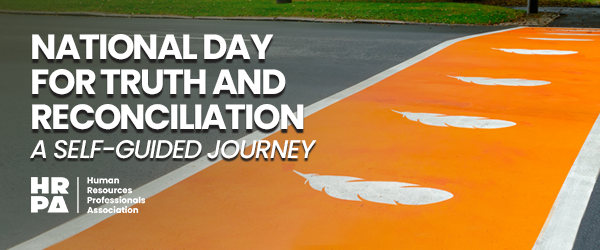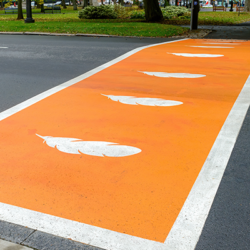Canada’s National Day for Truth and Reconciliation is a solemn occasion that invites all Canadians to reflect on the historical and current impacts of settler colonialism on Indigenous communities and the ongoing journey towards healing, reconciliation and understanding. This day, observed on September 30 was officially designated to honour the survivors of residential schools and to acknowledge the deep-rooted injustices inflicted upon Indigenous peoples throughout Canadian history. The day serves as a reminder for Canadians to stand in solidarity with Indigenous communities in their healing journey.
The Legacy of Residential Schools
To truly understand the importance of the National Day for Truth and Reconciliation, one must acknowledge the history of residential schools in Canada. These institutions attempted to assimilate Indigenous children into Euro-Canadian culture. Indigenous children were forcibly removed from their families, communities, and cultures. They were subjected to physical, emotional, and sexual abuse, while being denied their language and cultural heritage. Many children never returned home, and the trauma inflicted upon generations of Indigenous people continues to impact their lives today.
One of the central aspects of the National Day for Truth and Reconciliation is the recognition and honouring of residential school survivors. It is essential that we listen to their experiences, acknowledge their pain, and support their healing.
A Self-Guided Journey Towards Understanding
The path toward Truth and Reconciliation truly matters to HRPA because the HR profession is intricately linked to the well-being and dignity of every individual in the workplace. By fostering change and rectifying the injustices of the past, HRPA and HR professionals can demonstrate a commitment to diversity, equity, and inclusion and create meaningful dialogue that reflects in our policies, practices and training.
This year, HRPA’s initiative, the “2023 National Day for Truth and Reconciliation: A Self-Guided Journey,” offers a valuable resource for Canadians seeking to learn more about this significant day and the history it represents. This self-guided journey provides educational materials, resources, and suggestions for individuals and organizations to engage in meaningful activities that promote understanding, empathy, and reconciliation.

The Path Forward
While the National Day for Truth and Reconciliation is a crucial step toward acknowledging Canada’s painful past, it is just one part of a broader journey towards healing and reconciliation. Meaningful change requires ongoing efforts, including addressing the legacy of colonialism, respecting Indigenous rights, and working together to create a more inclusive and just society.
This journey towards reconciliation calls for:
- Recognizing Indigenous Rights: Indigenous peoples have inherent rights to their land, self-determination, and cultural preservation. Enforcing these rights requires an ongoing process that aims to ensure Indigenous peoples have a voice in decisions that affect their lives and land.
- Education and Awareness: Education is a powerful tool for promoting understanding and empathy. Efforts to educate Canadians about Indigenous history, culture, and contemporary issues are essential for reconciliation. This includes integrating Indigenous perspectives into school curricula, supporting Indigenous-led educational initiatives, and providing resources for individuals to learn about Indigenous experiences.
- Supporting Indigenous Communities: Supporting Indigenous communities in their journey towards healing and self-determination is a crucial component of reconciliation. This support can take various forms, such as economic development initiatives, healthcare access improvements, and infrastructure investments in Indigenous communities. It also involves recognizing and addressing the ongoing challenges faced by Indigenous people, including high rates of poverty, addiction, and mental health issues.
Canada’s National Day for Truth and Reconciliation serves as an important reminder of the problematic chapters in our history and the ongoing struggle for healing and reconciliation. It calls upon all Canadians to reflect, learn, and take action to support Indigenous communities on their journey towards truth, understanding, and justice. By acknowledging the past, understanding the legacy of colonialism and working together for a better future, we can take meaningful steps toward a more inclusive and equitable Canada. Reconciliation is an ongoing process, and our commitment to it is vital for a brighter future where all Canadians can thrive together.
